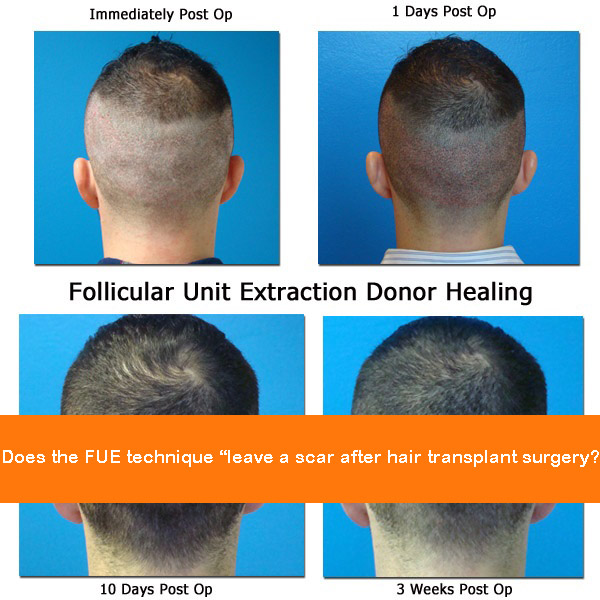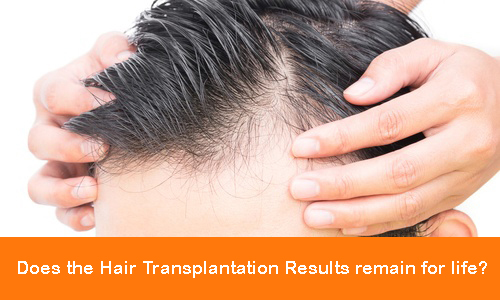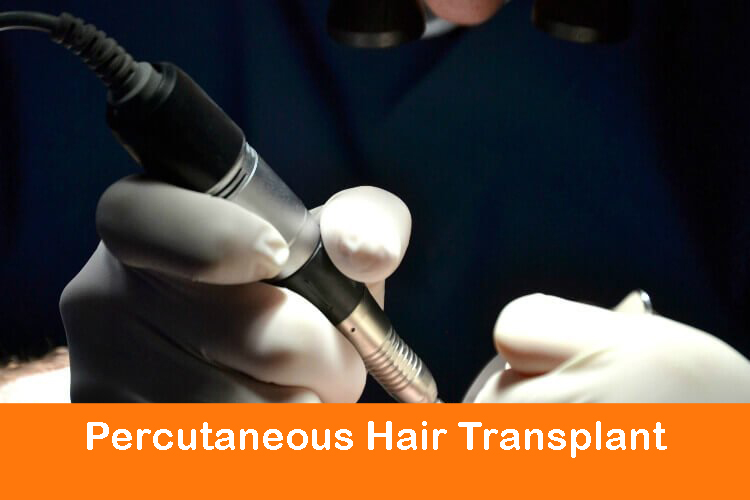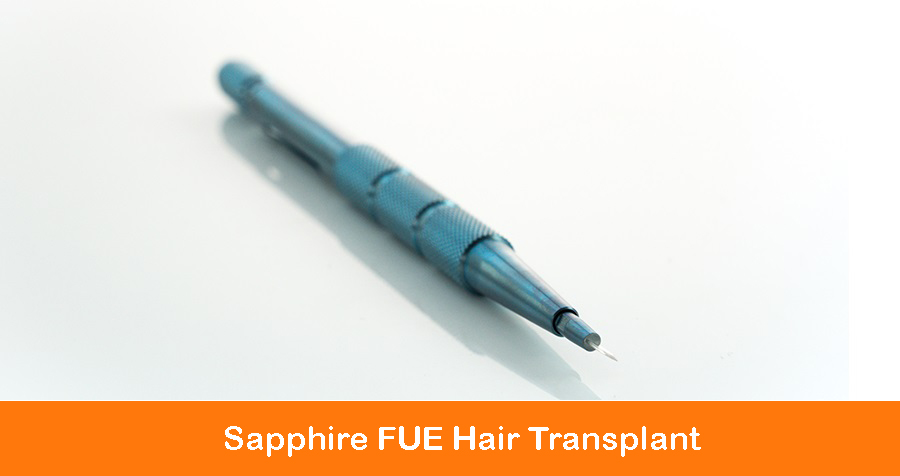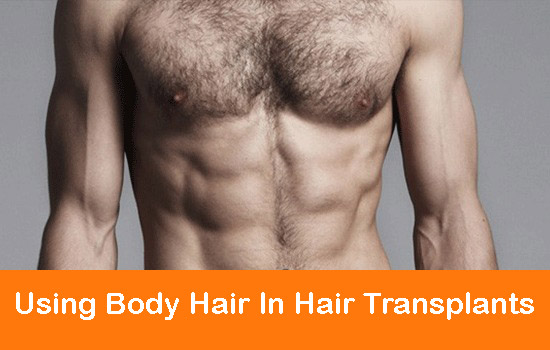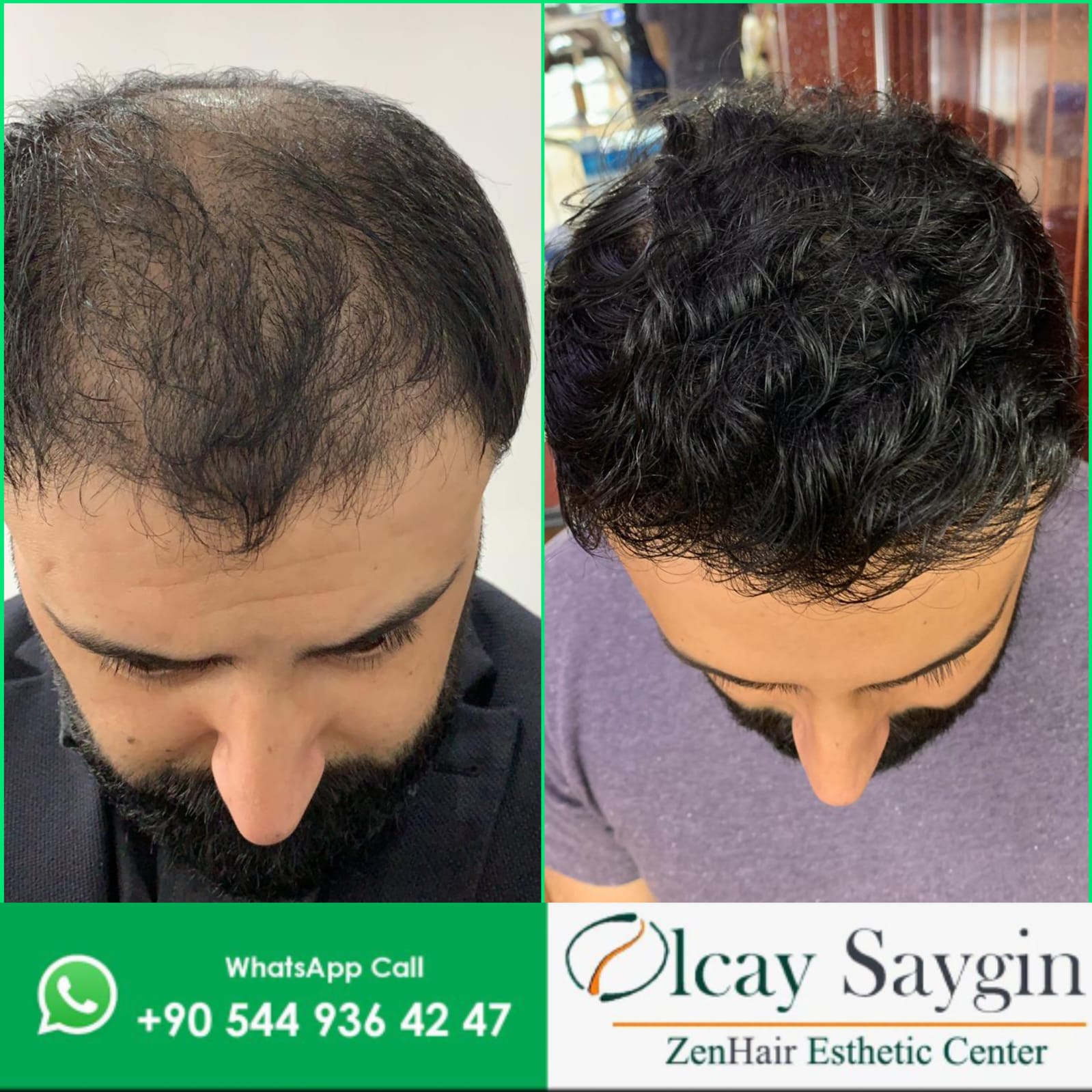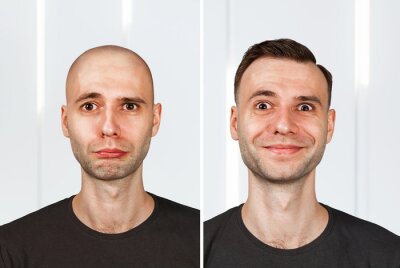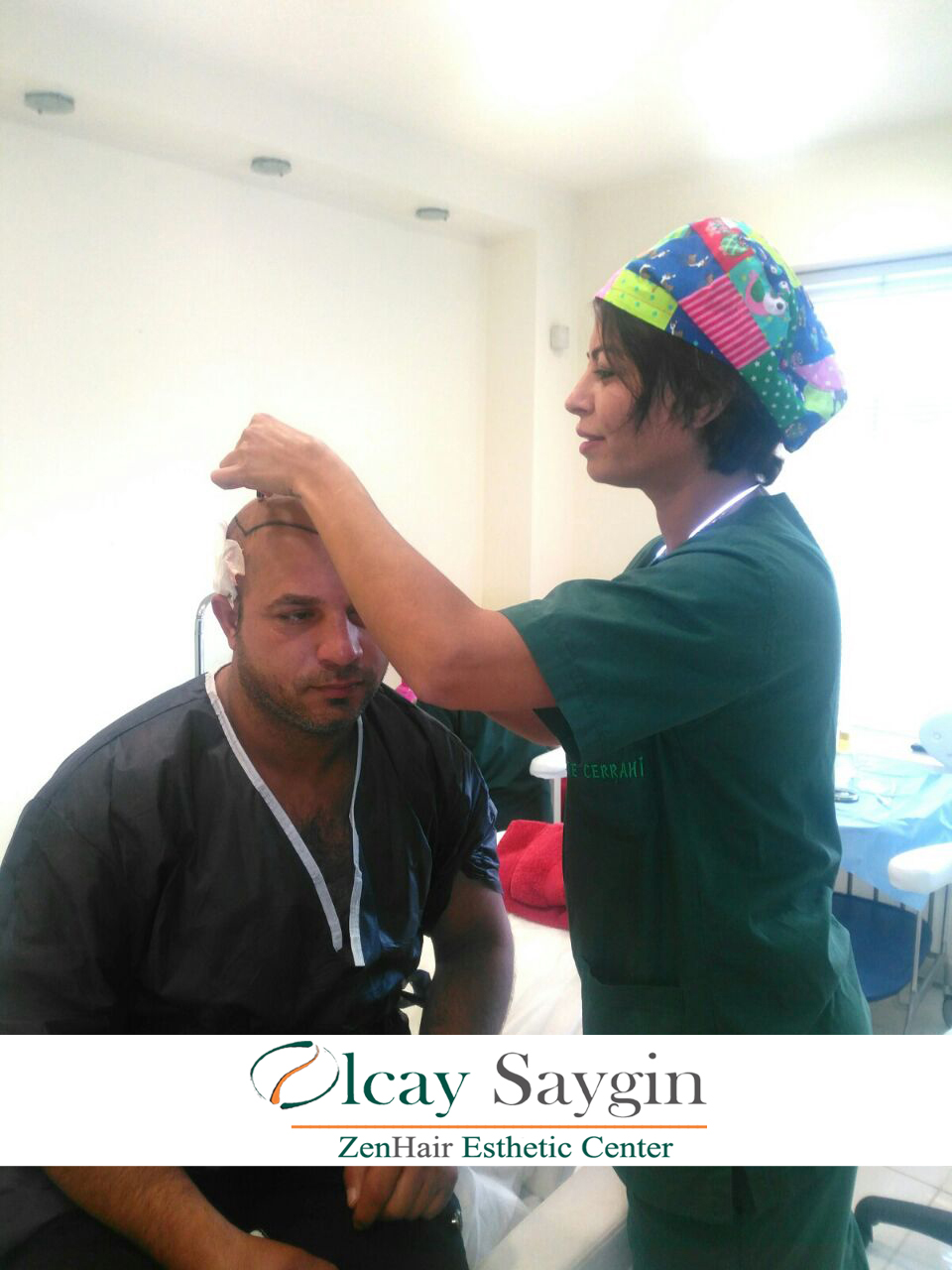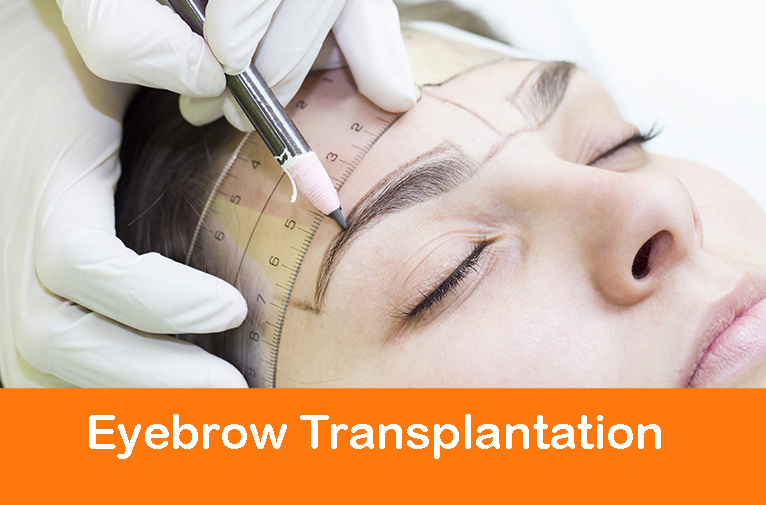Does the FUE technique “leave a scar after hair transplant surgery?
Introduction –
-With the old hair transplant technique (FUT), surgeons left a visible scar after wound stitching
-A long time ago, this visible scar was a serious problem for any bald man’s dream of having a hair transplant surgery.
-The only reason is not because of its pain or long hours of stay lying on your back, but because it can leave a permanent scar in the donor zone without disappearance over the time.
-But in these days and after the scientists developed a new technique allowing them to extract the hair follicles one by one using a special machine called (micro motor) where no more scars can be formed. This treatment method is called (FUE)
-When micro motor removes hair follicles from the donor zone, the machine can leave some red tiny holes behind it. And in a short time these holes can be recovered with no visible scars on the donor area.
The popularity of this treatment method has increased and more people are now asking to get a hair transplant surgery.
But how much time exactly does the donor zone needs to heal?
In regards to typical recovery, patients can vary in terms of how long it takes them to recover from their hair transplant procedure. Usually, patients take off a couple of days to a week for their FUE procedure. After that, they may get on with their lives and resume their typical daily activities
-Recovery is fast, but most patients are worried about their haircut as the hair needs to be shaved down to the skin before the surgery .
-But we can say that each patient heals differently. It also depends on the number of FUE grafts you are planting.
-For the safety of the donor zone after the hair transplant process, we have to keep it clean and dry in order for it to heal faster.
It shouldn’t be covered until day 12th after the procedure to give it time to heal itself and also we can use anti-inflammatory ointments to get a quicker recovery.
What are the best foods that can be eaten during recovery time?
Research has noted that a diet lacking in important minerals, vitamins, proteins and fatty acids may actually cause the cells in the hair follicles to malfunction. A poor diet can also lead to further hair loss or abnormal hair recycling. It’s also important to maintain a proper diet in order to prevent dehydration, malnutrition, and other chronic conditions such as anaemia. All of these can have a negative impact on new hair growth after surgery.
Foods that are rich in protein, iron, zinc, magnesium, calcium, and vitamin B6 are excellent sources of nutrients for promoting healthy, new hair growth and strong follicles. These include oily fish, sweet potatoes, beans, bell peppers, broccoli, tomatoes, spinach, nuts, and legumes.
Alcohol and carbonated beverages are advised to be avoided before and after surgery.
Finally, when you decide to do a hair transplant, it is important to consult first with a qualified plastic surgeon regarding hair transplant surgery
because you have only one chance to do this process and if the harvesting is much and deep in the donor zone, then that could harm the other follicles and leave you no chances to fix it up.
You can contact our medical team on these numbers by Viber or Whatsapp:
00905449364247 00905332124442

